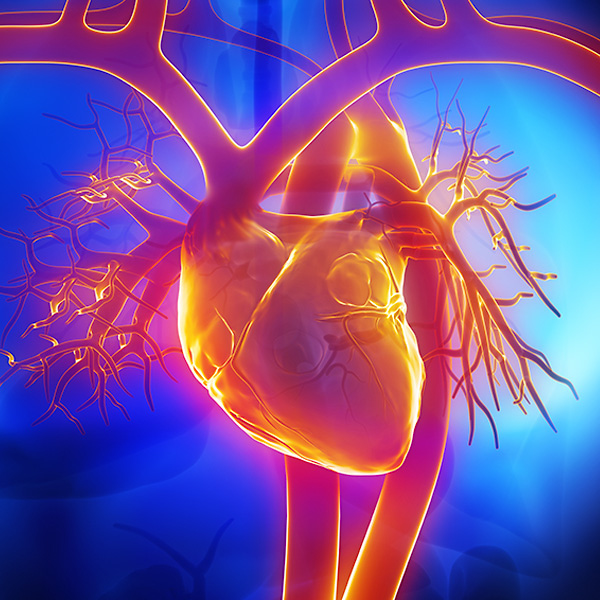Heart Block
Overview and Facts about Heart Block
Heart block is a heart condition characterized by a slower heart rate or abnormal rhythm, which is caused by a problem with the heart’s electrical system. The heart’s electrical system controls the rate and rhythm of heartbeats.
With each heartbeat, an electrical signal travels from the upper to the lower chambers of the heart (like a natural pacemaker). As it travels, the signal alerts the heart to contract and pump blood. Heart block occurs when this signal is disrupted.
Causes and Risk Factors of Heart Block
Heart block may be congenital (present at birth) or develop later in life.
In addition to aging, certain medical conditions increase one’s risk for developing heart block. These include:
- History of coronary heart disease or heart failure
- Prior heart attack
- Heart valve abnormalities
- Heart valve surgery
- Certain medications
- Exposure to toxic substances
- Use of certain medications such as beta-blockers and calcium channel blockers
- Certain diseases such as Lyme disease or rheumatic fever
Signs and Symptoms of Heart Block
The symptoms of heart block depend on the type. There are three types of heart block:
- First-degree: The electrical impulses take a slightly longer time to travel between the upper and lower chambers of the heart. Typically, there aren’t any noticeable symptoms with this type.
-
Second-degree:
- Type 1: The electrical signals get more and more delayed with each beat. Those affected may experience no symptoms or mild lightheadedness, or dizziness.
- Type 2: More severe than type 1 and may cause lightheadedness, or fainting. It may also progress to complete heart block.
- Third-degree or complete block: all of the electrical impulses are almost or completely blocked between the upper and lower chambers of the heart. This is a medical emergency. Symptoms include fatigue, lightheadedness, fainting, decreased stamina, chest pain, trouble breathing, nausea, and vomiting.
Tests and Diagnosis of Heart Block
When a doctor suspects a heart block, the following tests may be performed:
- EKG (Electrocardiogram): This test allows doctors to determine the pattern of electrical current flow in the heart and to diagnose an abnormal or irregular heart rhythm.
- Holter Monitor: This portable machine is worn for 24 hours to detect abnormal heart rhythms that might not show up on an office EKG, which only records for a few seconds.
- Exercise Stress Test: This test enables physicians to record the heart's electrical activity, which may not occur at rest.
- Event Recorder: This is a small portable monitor that’s worn for several weeks. This type of recorder is best for patients who experience periodic symptoms. The recordings are sent directly to the requesting physician.
- Electrophysiology Study: This test requires thin wire electrodes to b passed through a vein in the groin and up to the heart. The electrodes record the heart's electrical signals to evaluate for abnormal heart rhythms.
Treatment and Care for Heart Block
Treatment depends on the type of heart block. First-degree does not require treatment. Second-degree may require a pacemaker—a small device implanted under the skin of the chest or abdomen that uses electrical pulses to help the heart beat normally. Third-degree always requires a pacemaker.

Request an Appointment
Loyola Medicine heart and vascular specialists have the experience and technology to treat the most difficult cardiac and vascular conditions. Schedule an appointment today.
Schedule a Telehealth Appointment
